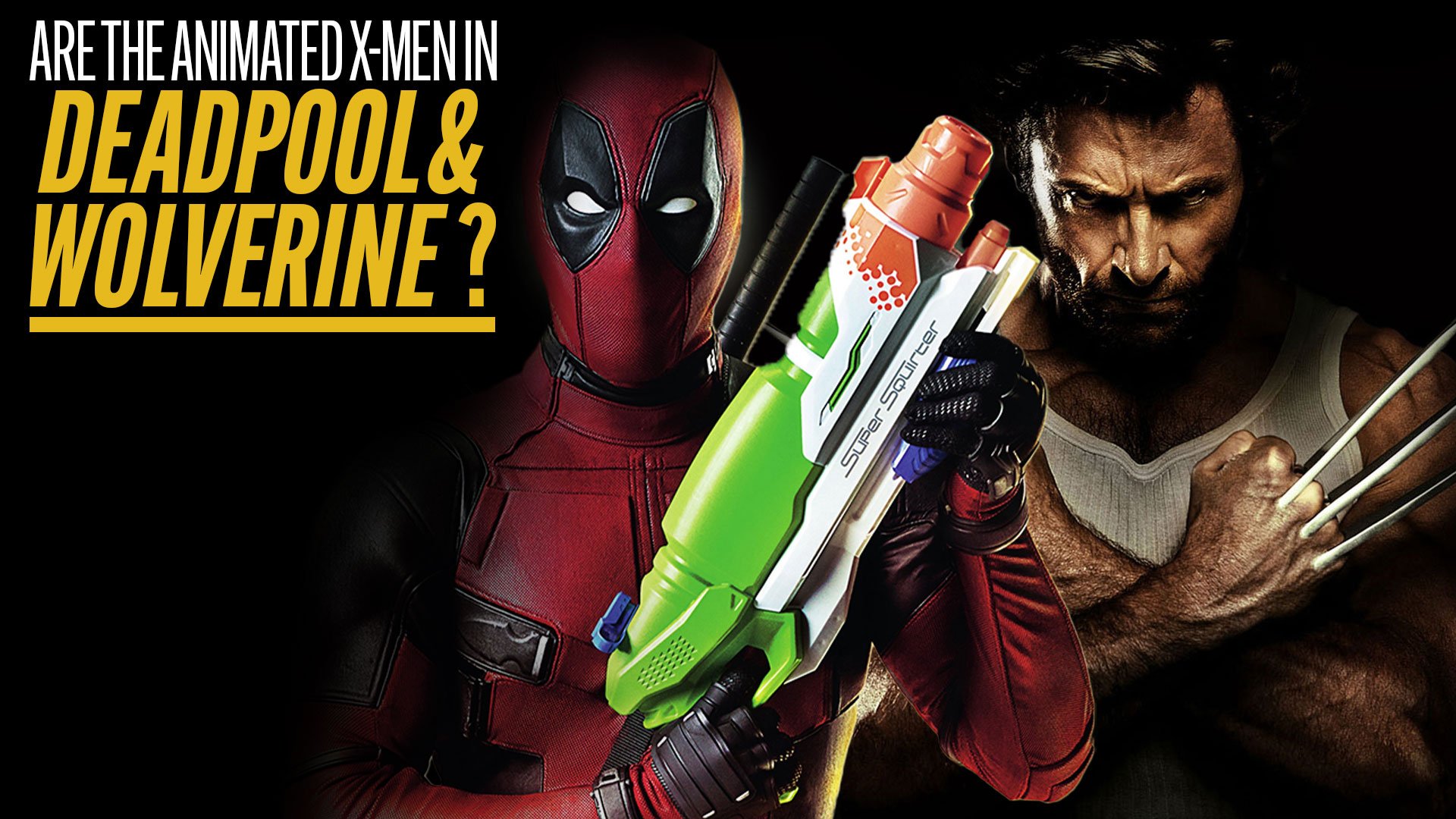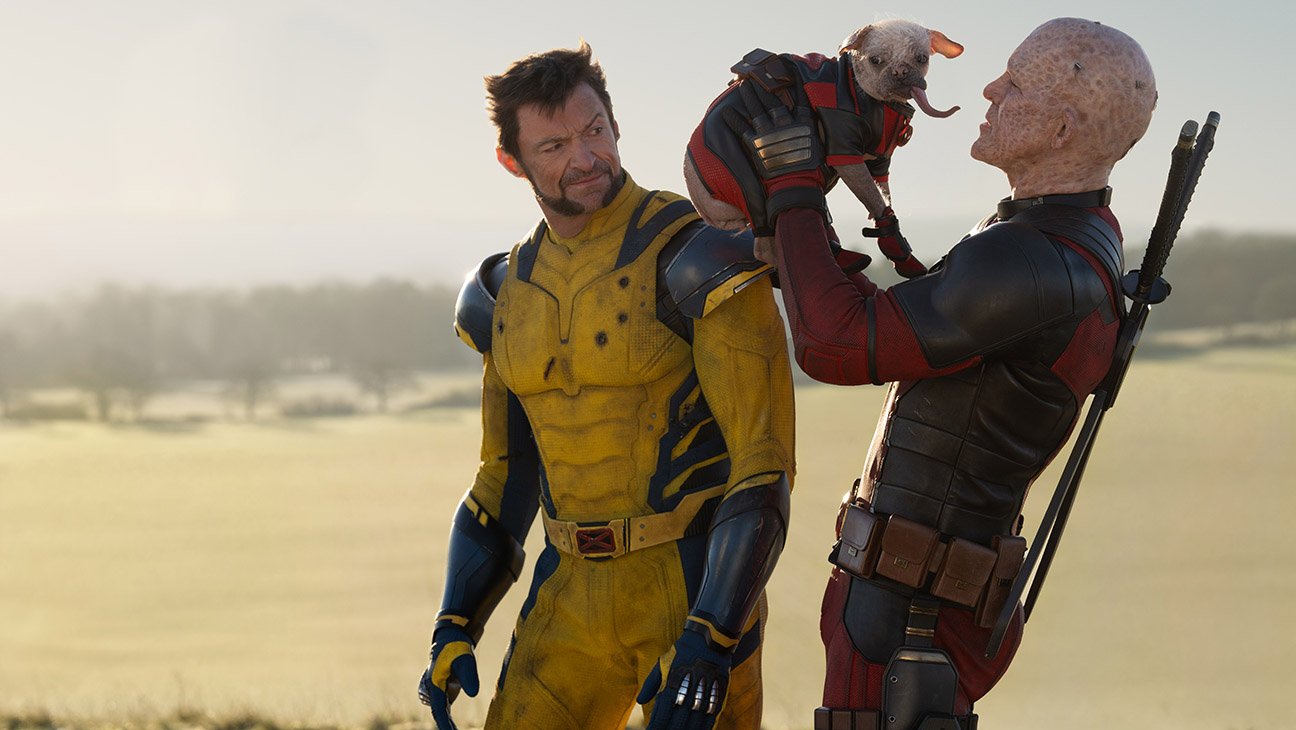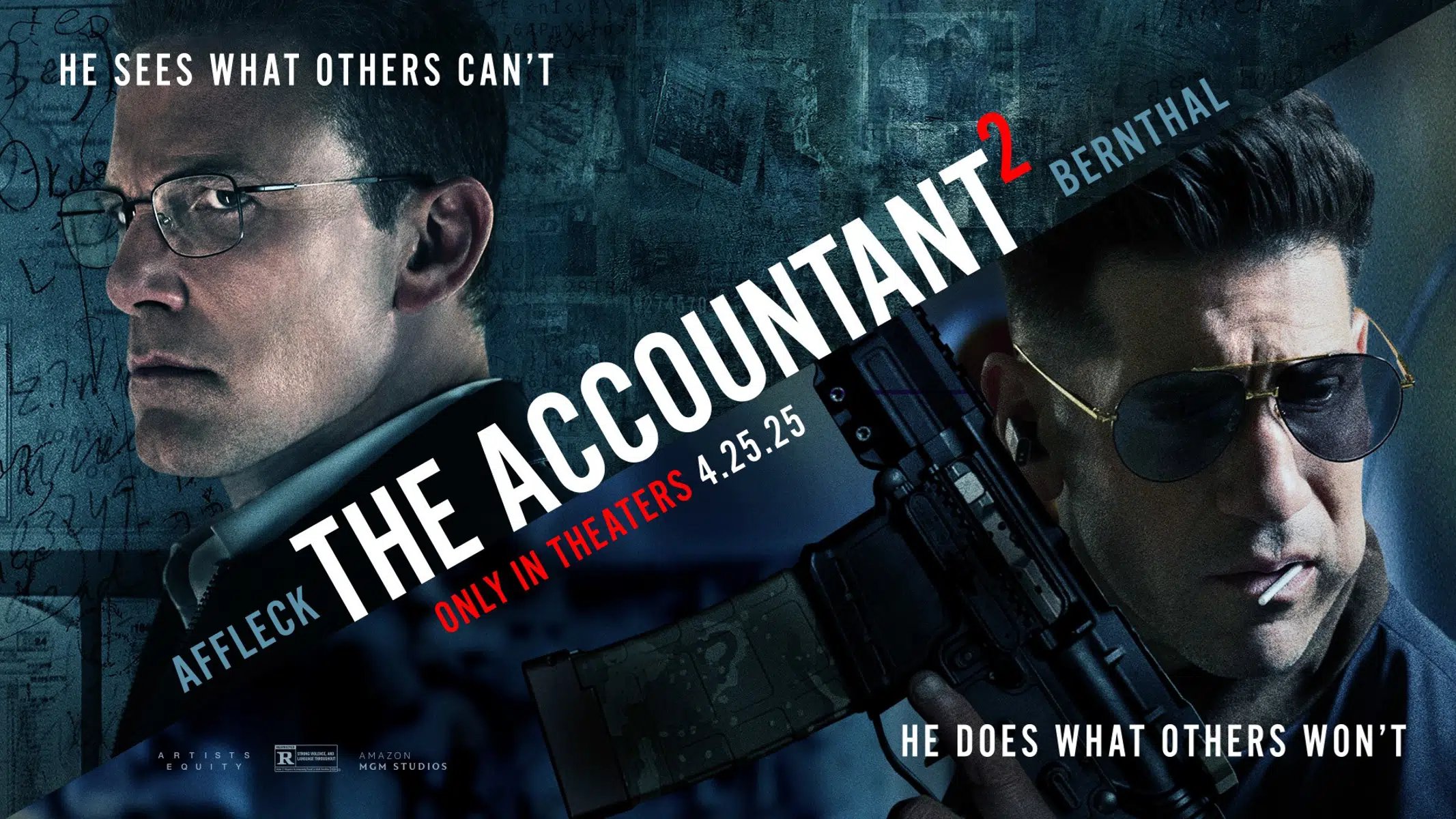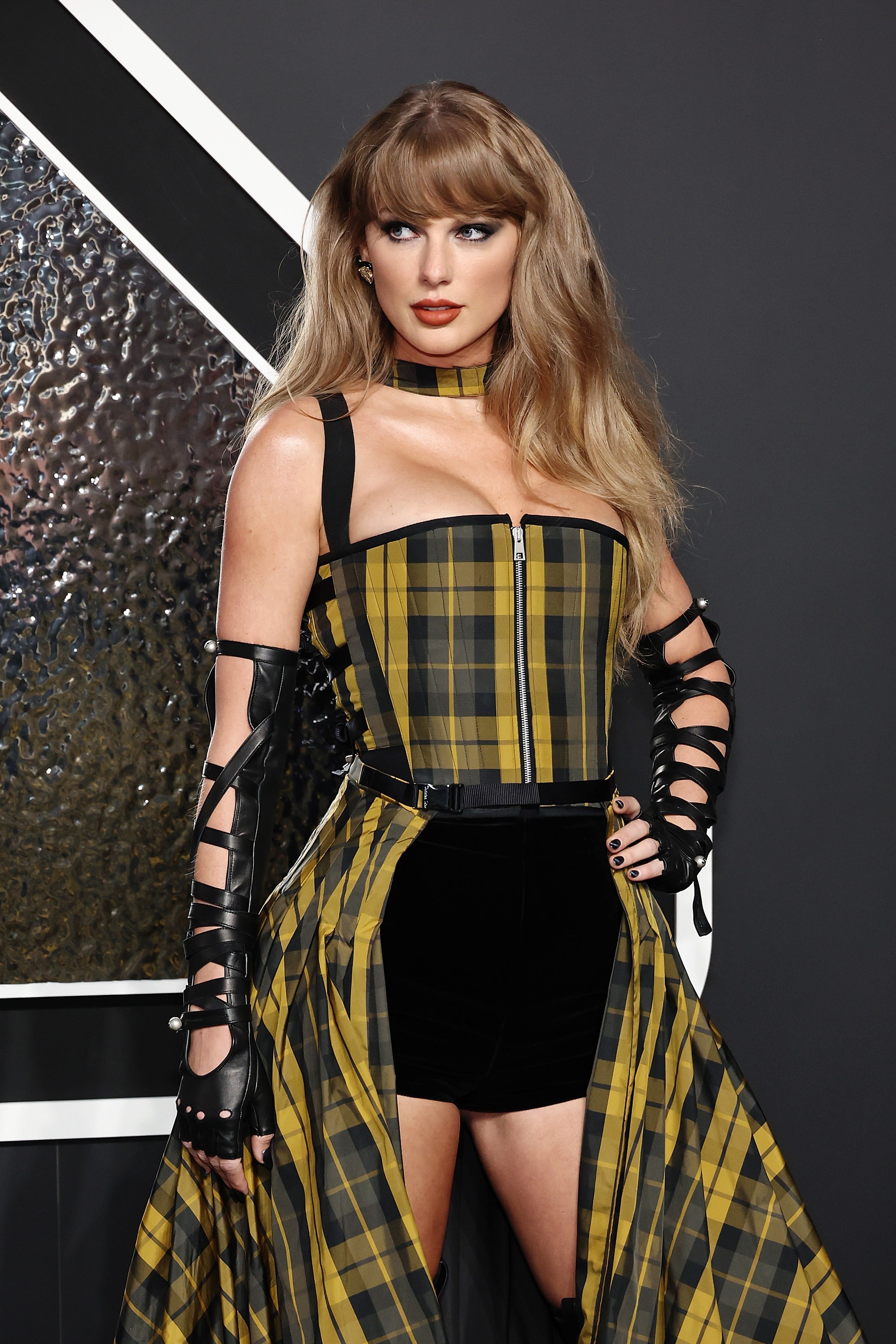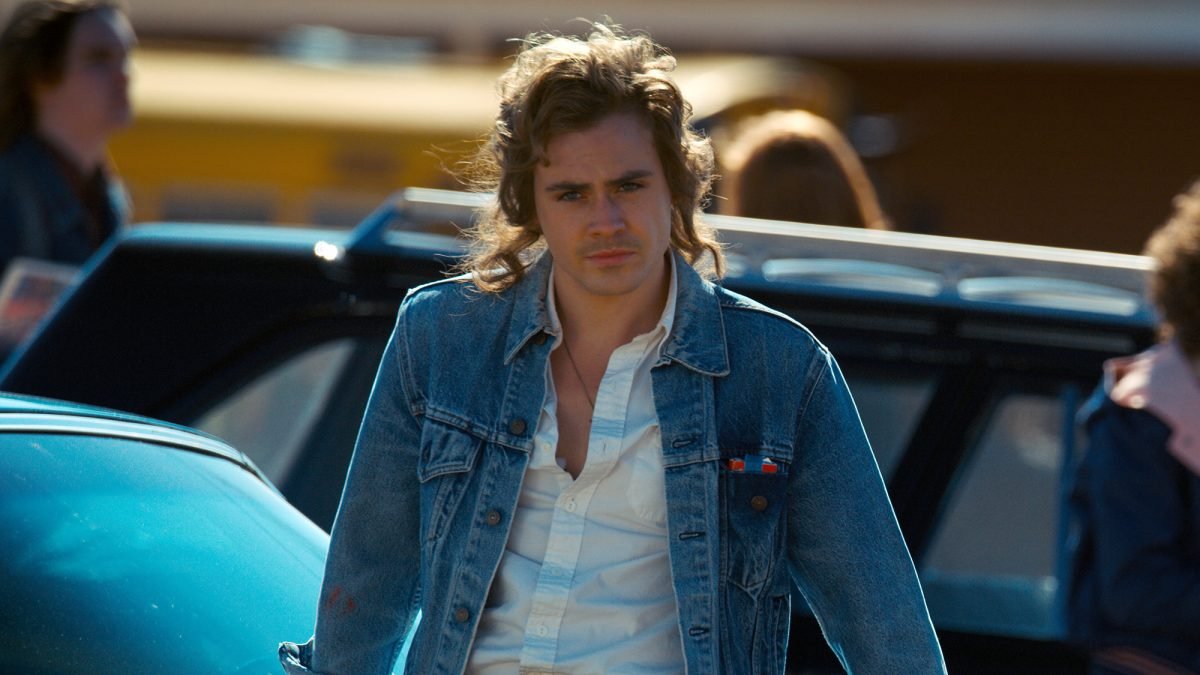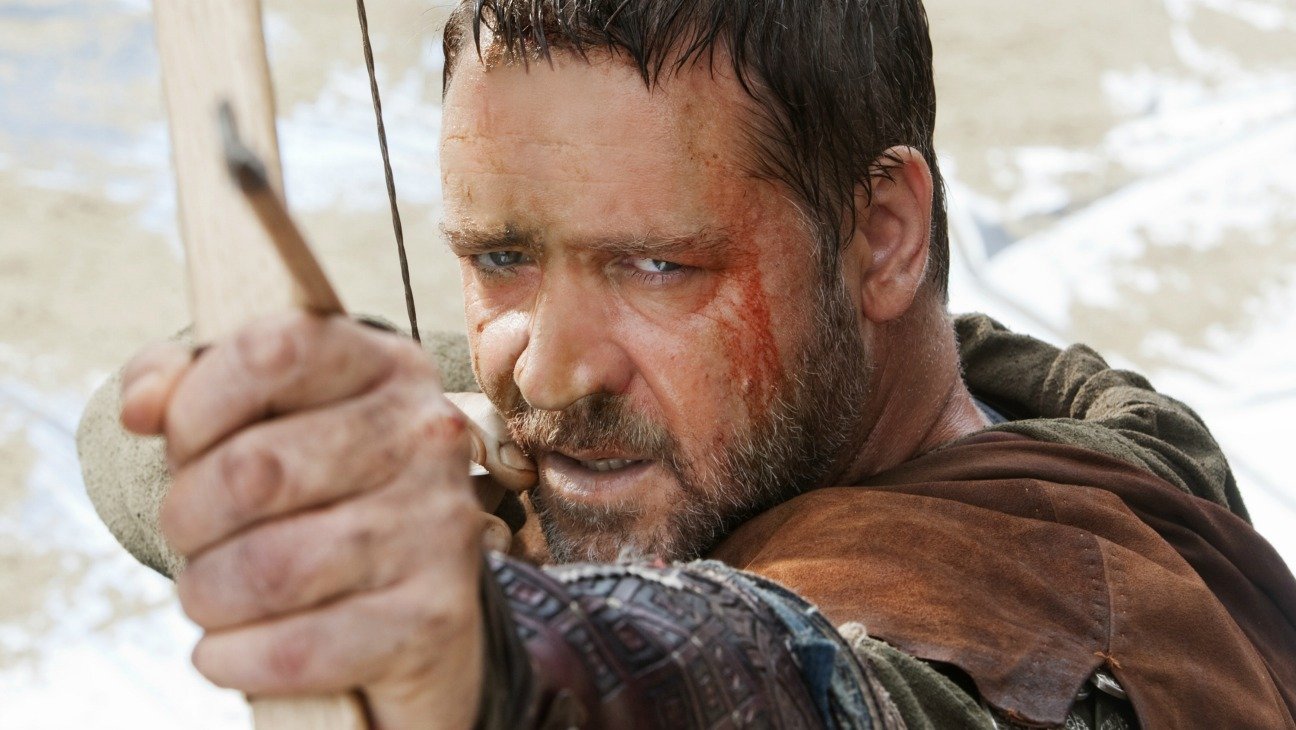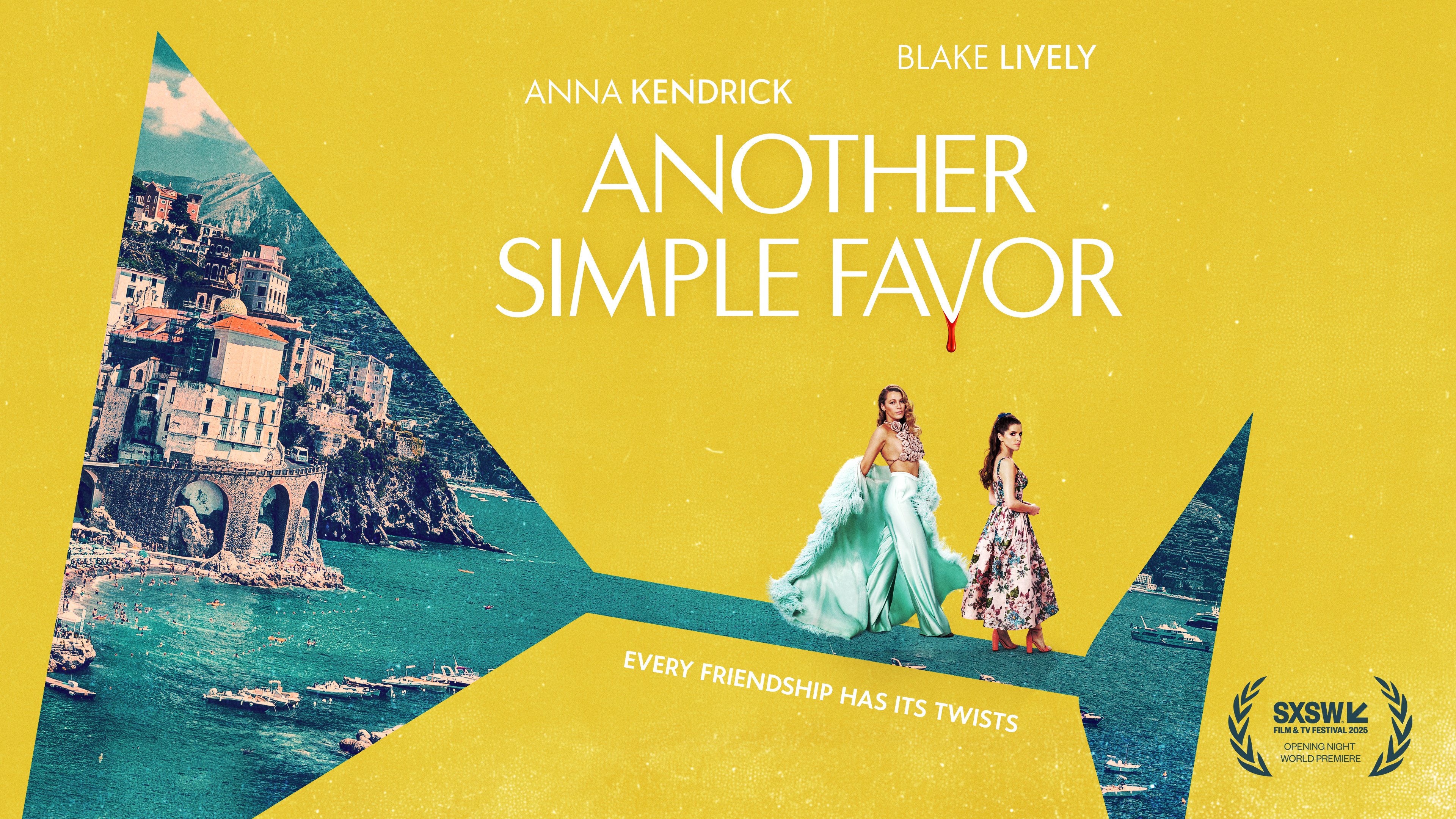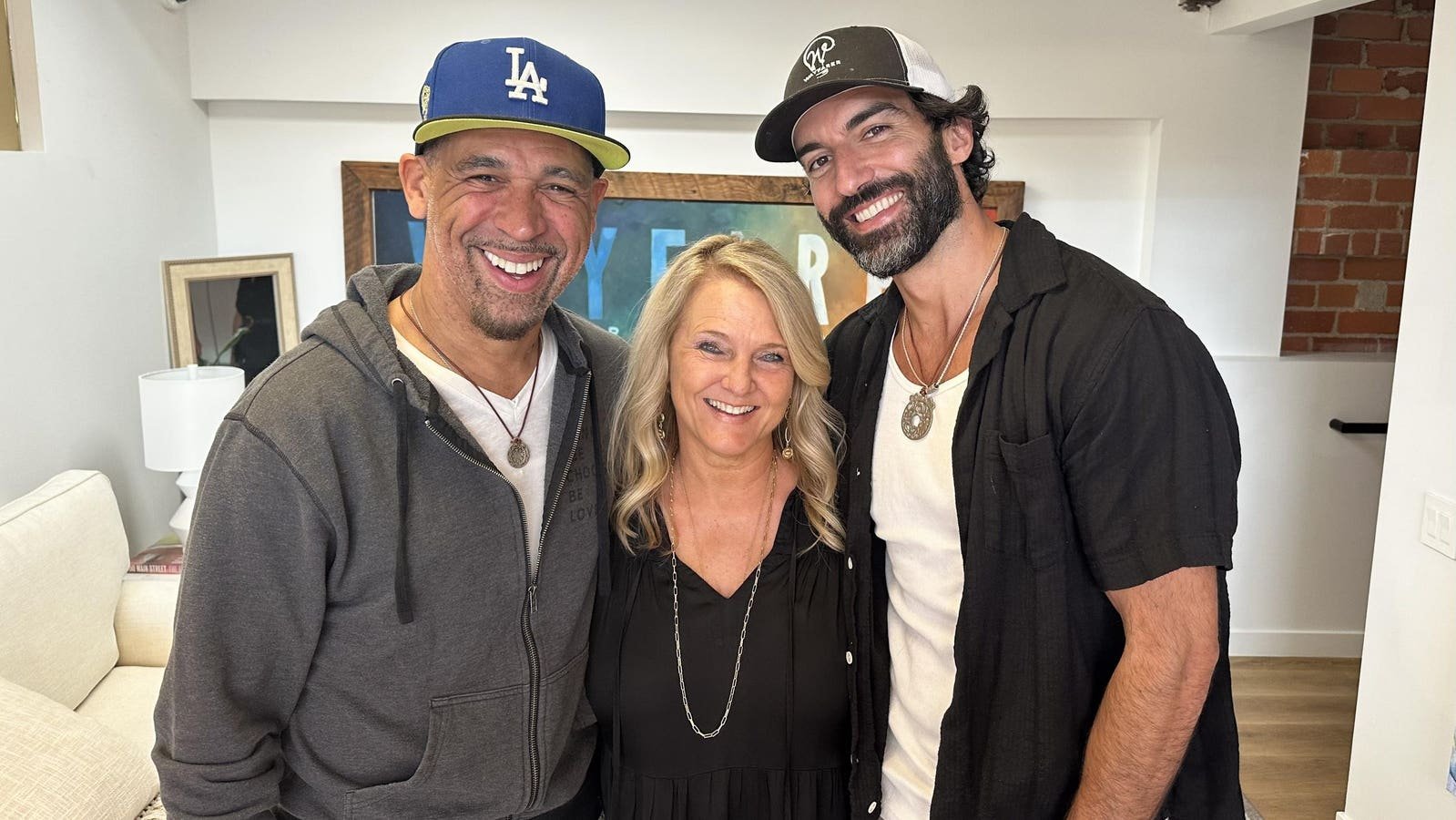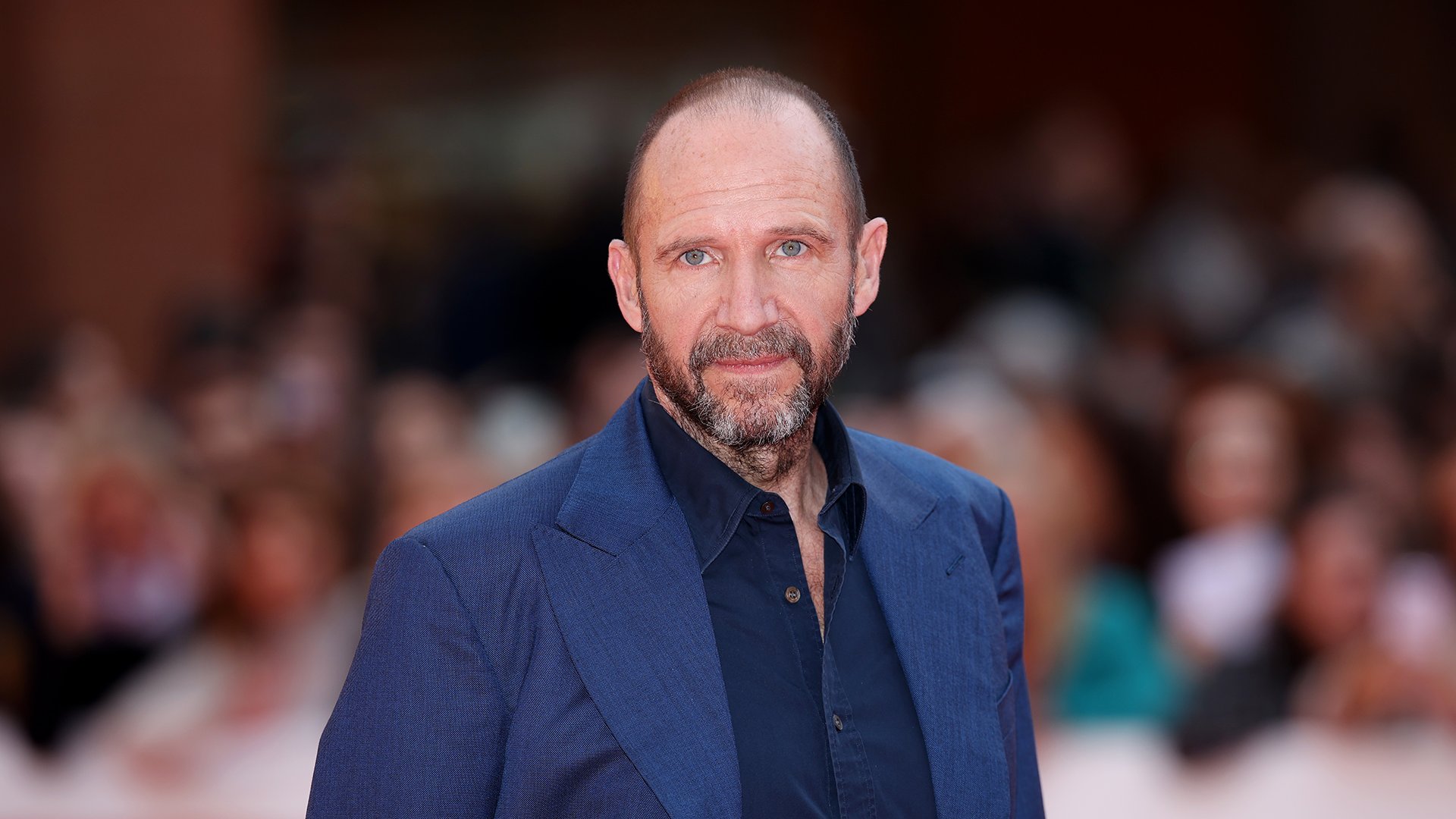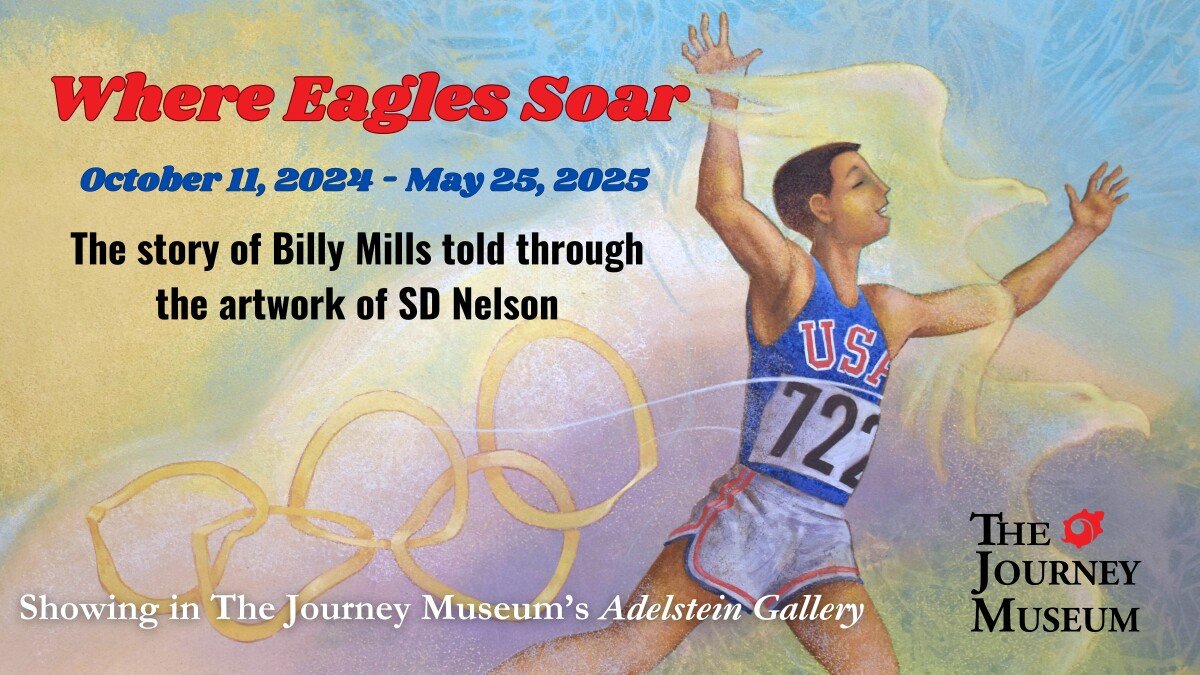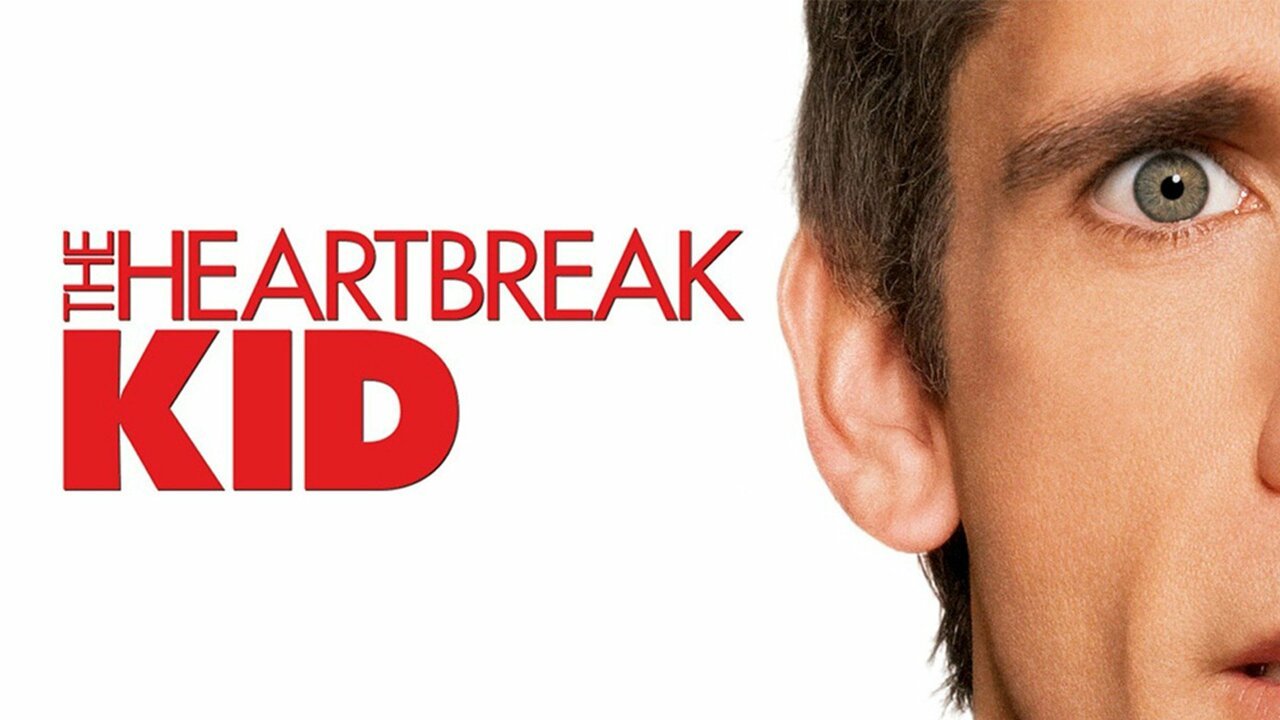The off-screen feud between Blake Lively and Justin Baldoni exploded into the public eye in 2024, just as anticipation built for the release of It Ends With Us and Marvel’s Deadpool & Wolverine. What began as a professional collaboration on Colleen Hoover’s bestselling adaptation spiraled into one of Hollywood’s most-watched legal battles, pulling in Lively’s husband Ryan Reynolds, pop superstar Taylor Swift, Hugh Jackman, Marvel Studios, and Disney. Media coverage hit fever pitch after both sides launched a flurry of claims and subpoenas. The creation of the Nicepool character in Deadpool & Wolverine, with clear similarities to Baldoni, raised even more questions about how personal drama can spill onto the silver screen.
The legal showdown threatens to reshape both stars’ careers and touches on issues of #MeToo, workplace harassment in film, defamation, creative expression, and the boundaries of fictional parody versus real-world reputations. As the trial date nears, Hollywood and its fans are watching history unfold.
Origins of the Blake Lively and Justin Baldoni Legal Dispute
The conflict between Blake Lively and Justin Baldoni began during the production of It Ends With Us, a movie adaptation of the bestselling Colleen Hoover novel, directed and produced by Baldoni, with Lively as the star. Problems surfaced in late 2023 and spilled into 2024 when allegations about conduct on set turned public.
Lively reportedly raised concerns around her working relationship with Baldoni, including remarks about workplace conditions. These developments occurred during a period of intense scrutiny in the entertainment industry, with studios and producers already facing mounting pressure to ensure safer, more equitable sets.
As their disputes sharpened, exchanges between Lively and Baldoni extended beyond private discussions, with both sides lawyering up and preparing for a very public confrontation. Their battle would soon involve others, including Lively’s husband Ryan Reynolds and members of both stars’ close circles, signaling that this was no ordinary dispute.
The history between Lively and Baldoni added another layer. Both high-profile in their own right, their falling-out quickly became a topic of fascination and debate in Hollywood, where whispers about on-set dynamics often travel fast and uncertainty can snowball into headlines overnight.
Lively’s Allegations and Baldoni’s $400 Million Lawsuit
What started as concerns raised by Blake Lively grew into a full-blown legal war when she accused Baldoni of sexual harassment and retaliation after she spoke up about her experiences on set. Lively claimed that not only did Baldoni fail to address her complaints, but he also led a smear campaign to undermine her credibility both professionally and personally.
In response, Justin Baldoni filed a $400 million lawsuit against Lively, citing defamation, extortion, and orchestrating a smear campaign. This staggering sum highlighted the seriousness with which Baldoni viewed the allegations, not just as individual disputes but as existential threats to his career, finances, and public image. Crucially, Baldoni’s suit also named Lively’s husband Ryan Reynolds and her longtime publicist, Leslie Sloane, accusing them of playing roles in the alleged campaign against him.
With two sets of high-powered attorneys representing each side, the case grew more tangled. Baldoni’s lawsuit called for depositions, evidence, and cross-examinations of some of the most famous names in film and music. The virality of the story and the dollar amount attached made it one of the largest celebrity legal battles of 2024, gripping tabloid media and legal analysts alike.
This is not just a workplace dispute – it is an expensive, high-stakes confrontation about truth, perception, and personal legacy, with the public queried about who to believe and what actually happened behind closed doors.
The scale and public nature of the lawsuit mean that both sides risk career-altering consequences, as every detail from the set and beyond is likely to be dissected.
The Role of Ryan Reynolds and the Nicepool Character
Ryan Reynolds, already a household name from his tenure as Deadpool, became an unlikely focal point in this legal drama, not just from his personal ties to Lively but also due to his creative work on Deadpool & Wolverine. The film, released in August 2024, features several Deadpool variants. However, what caused controversy was the newly introduced character Nicepool – a version that fans and Baldoni’s team believe strongly resembles Baldoni in mannerisms, speech, and even wardrobe.
Nicepool quickly became a trending topic on social media and film forums, with many viewers noting that traits associated with the character appeared to parody or criticize Baldoni. Easter eggs in the film seem to mock accusations of performative feminism, echoing language and themes debated on the It Ends With Us set as well. Reynolds didn’t deny the connections, instead publicly calling Baldoni “thin-skinned” and suggesting the character was more a general Hollywood satire than a direct attack.
Baldoni’s legal team, however, saw Nicepool’s inclusion as a calculated move – one meant to ridicule and delegitimize Baldoni under the guise of superhero parody. The resulting conflict raised important questions about how professionals use their platforms in the industry, and where satire bleeds into personal retribution.
For Marvel Studios, this presented unexpected legal and PR challenges, as the fictional world of Deadpool was suddenly part of a very real legal drama, turning jokes into evidence and creative choices into courtroom debates.
Marvel Studios Subpoenaed Over Nicepool’s Creation
As the legal fight deepened, Wayfarer Studios (the production company representing Baldoni) took the significant step of subpoenaing Marvel Studios. Their request: hand over all documents and communications related to the creation of the Nicepool character. This move signaled how seriously Baldoni’s team was treating what they viewed as targeted parody.
The subpoena aimed to uncover whether there were discussions or direct instructions for using the Nicepool character as a vehicle to lampoon Baldoni specifically. They also wanted to determine who was responsible for any creative decisions that could be interpreted as malicious or injurious beyond protected satire. Requesting internal communications from Marvel and its writers is rare, especially in what might otherwise be considered a creative universe immune to real-life court drama.
Marvel responded by invoking the First Amendment and the protected status of parody in the arts, arguing that fictional character creation – even if inspired in part by real individuals – does not amount to actionable defamation or harassment. That argument is well-supported in legal precedent but has not always stopped courts from demanding document discovery in the interest of fairness during high-profile cases.
This legal maneuvering threatened to set a precedent for the entertainment industry: If successful, anyone parodied on screen, no matter how indirectly, could demand scrutiny of the creative process behind their depiction. The ripple effect could be profound for films, television, and even music that routinely draw inspiration from real-life events and figures.
Safeguarding the line between creative license and personal attack became a battleground in itself, as Marvel, known for fiercely defending its intellectual property, now found itself in the hot seat over a character introduced for comic relief.
Baldoni’s Team Responds to Alleged Mockery and Defamation
Baldoni’s lawyer, Bryan Freedman, took a forceful stance, arguing that the issue was not about being mocked but about using global media platforms to wage a personal vendetta. Freedman highlighted the importance of considering intent and context in the Nicepool story line – was it just satire, or a reckless use of Reynolds and Lively’s power to diminish Baldoni’s public standing?
Freedman further asserted that Reynolds, Lively, and their publicist did not address harassment allegations through appropriate legal or professional means, instead choosing to embed the conflict into pop culture for maximum impact. This, according to Baldoni’s camp, was not only unprofessional but approached the boundary of intentional infliction of emotional distress – even if masked as parody.
As evidence, Baldoni’s side pointed out the internet speculation and multiple fan theories circulating about Nicepool, arguing that the “inside joke” quickly became public discourse, reinforcing their claims that the real objective was to damage Baldoni’s reputation during the trial. Freedman called on the court to look past the surface and examine who benefitted from the controversy and how it was orchestrated.
The public dispute put pressure on both Lively and Reynolds to defend their creative choices, and on the studios involved to prove that no explicit wrongdoing occurred during the collaborative processes that brought these characters and scenes to the big screen.
Blake Lively’s Lawyer on Testifying and the True Focus of the Trial
Lively’s attorney, Mike Gottlieb, has emphasized throughout the unfolding legal battle that the case is about alleged sexual harassment and workplace misconduct – not about Marvel movies, character parodies, or pop culture easter eggs. Speaking to People, Gottlieb called the Nicepool-related subpoenas and media focus a distraction intended to drown out the serious claims brought by Lively.
Gottlieb confirmed Lively’s intention to testify in court. He stated that the ultimate moment for a plaintiff’s story to be told is before a jury, and Lively is prepared to do so. The lawyer made it clear that the case is about what happened on the set of It Ends With Us and whether Baldoni’s actions constituted sexual harassment.
He questioned the need to bring celebrities and fictional film aspects into the proceedings, arguing that these unrelated issues muddle the legal facts. From Gottlieb’s perspective, each subpoena for a celebrity – whether Taylor Swift, Hugh Jackman, or references to Marvel Studios – clouds the core mission of holding parties accountable for misconduct as defined by workplace law and not show business intrigue.
In addressing the trial’s direction, Gottlieb urged the court and public to remember what is at stake for Lively and other victims of workplace harassment, rather than being distracted by viral headlines or social media speculation about Marvel films.
Also Read
The Accountant 2 Surpasses Ben Affleck’s Early Films at the Global Box Office
“It’s a case about what happened to Blake Lively when she raised claims of sexual harassment on the set. It’s not a case about how songs were chosen for the movie. It’s not a case about fictional Marvel characters in Deadpool movies,” he noted in his interview.
Taylor Swift, Hugh Jackman, and Celebrity Subpoenas
As this celebrity court battle escalated, it drew in a remarkable cast of high-profile figures. Taylor Swift, godmother to Lively and Reynolds’ children and one of their closest friends, was subpoenaed after her song was chosen for the It Ends With Us trailer and due to her close involvement in their family life. Hugh Jackman, Reynolds’ longtime friend and frequent Deadpool collaborator, was also served due to his personal and professional intersection with Reynolds during the period in question.
Lively’s team found the subpoenas baffling, suggesting they were “a ruse to make the public forget about the reason the lawsuit exists.” They argued that neither Swift nor Jackman had direct knowledge about the alleged harassment or the choices that led to the contentious portrayal in Deadpool & Wolverine.
Baldoni’s legal team insisted these celebrity witnesses were relevant, either for confirming conversations or context surrounding the handling of the allegations. In practice, the move generated a media circus, fueling speculation and stoking public curiosity with every new name added.
Also Read
Dacre Montgomery Sets Sights on The Engagement Party With Major Star Power
Federal courts, as Lively’s attorney pointed out, tend to disapprove of dragging in outside celebrities unless their testimony is essential. The use of “celebrity subpoenas” showed how legal and publicity strategies often intermingle, with each side betting on the influence of public opinion as well as courtroom results.
Hollywood, Public Perception, and the Impact on Careers
Hollywood’s reaction to the ongoing court saga has been a mixture of rumor, fascination, and caution. For insiders, the case serves as a stark reminder of how quickly private disputes can spiral into public crises – especially when the individuals involved are attached to blockbuster films and beloved franchises.
For Blake Lively, Justin Baldoni, and Ryan Reynolds, the stakes are sky-high. Each risks public backlash, loss of starring roles, or diminished popularity based on court revelations or even the perception of their actions. Public support can shift overnight, especially when new celebrity testimony or evidence emerges.
Fans have also taken sides online, fueling discussions about #MeToo, fairness in Hollywood, and the grey area between artistic satire and harmful personal attacks. Social media has played a crucial role in shaping how the case is viewed, often amplifying selective narratives or focusing on the more sensational aspects of the dispute, such as the Nicepool parody.
Also Read
Russell Crowe’s Robin Hood Finds New Life on Streaming Despite Rough Reviews
Meanwhile, industry professionals are watching to learn how such cases might affect decisions around set conduct, casting, and the legal exposure that comes with adapting real-life drama for the screen.
Producers and studios have become more vigilant about legal agreements, workplace standards, and the potential fallout when creative risks cross lines with real-world reputational threats.
First Amendment, Parody, and Legal Precedents
Central to this case is the First Amendment – the right to free speech and artistic expression. In the United States, courts have long protected parody and satire, especially when it involves public figures or topics of broad public concern.
The inclusion of Nicepool in Deadpool & Wolverine is a classic example of an artistically protected parody that blurs the line between harmless comedy and targeted personal criticism. Reynolds and Marvel Studios have relied on this established legal precedent in their defense, arguing that even biting satire is constitutionally protected unless it crosses into demonstrable malice or fabrication of fact.
Also Read
Ms. Marvel and The Last of Us Stars Join Forces for AI Sci-Fi Horror Othermor
However, Baldoni’s legal team contends that this particular parody is not a matter of public debate or social commentary, but a highly specific attack that could cause professional and financial harm. They argue that when parody is used to settle or escalate personal grievances, courts should take a closer look at motive and intent.
Legal commentators note that the outcome of this dispute could set new boundaries for parody law as it applies to the entertainment industry, especially when fictional elements are layered with unmistakable real-world parallels.
The entertainment world is waiting to see whether the courts prioritize creative freedom or increased scrutiny over real-life inspiration for film and TV characters in defamation and harassment claims.
Wayfarer Studios’ Position and Claims Against Disney
Wayfarer Studios, aligned with Baldoni, has made several pointed claims as the lawsuit has progressed. They have accused Ryan Reynolds of using Disney’s resources and shareholder funds to settle personal scores, a charge that, if substantiated, could have ramifications for the studio giant and those who approved production budgets for Deadpool & Wolverine.
Also Read
Ralph Fiennes Steals the Spotlight in New 28 Years Later Image
Wayfarer alleges this supposed “corporate waste” constitutes a breach of fiduciary duty to Disney shareholders. Their attorneys have left the door open for further discovery, questioning whether Disney executives were aware of or complicit in the decisions that allegedly targeted Baldoni.
Disney and Marvel Studios, for their part, have denied any wrongdoing, maintaining that all character work and production spending followed creative and business norms for a large-scale superhero film. The company’s legal response has doubled down on the First Amendment and creative freedom defenses.
Should the court decide to examine studio involvement, the case could open new debates about oversight and accountability in how major entertainment companies manage disputes among their creative talent.
Wayfarer has also tried to separate those merely adjacent to the drama from those actually involved, seeking to limit the number of third-party witness subpoenas and refocus attention on the core issues at trial.
Also Read
Alan Ritchson’s Action Thriller ‘Runner’ Faces Setback After Dan Spilo Fired
Upcoming Trial: What to Expect from Key Witnesses
With a trial date set and court filings stacking up, interest in the witness list is sky-high. Blake Lively will take the stand, with her attorney confirming that she sees this moment as central to her case. Several individuals who allegedly witnessed or experienced similar misconduct on set are also expected to testify, contributing to a record that could be highly damaging or exonerating for both sides.
Ryan Reynolds could also appear, both as a defendant in Baldoni’s countersuit and as the creative force behind the Nicepool character. His testimony is likely to focus on intent, character development, and the boundaries between parody and personal attack in film.
Baldoni will testify as well, recounting his version of events and responding to each of the allegations made by Lively. His legal team may use this opportunity to introduce evidence intended to show a pattern of professional conduct, as well as highlighting the impact of the Nicepool controversy on his reputation.
Other key witnesses may include members of the film’s production staff, close friends like Taylor Swift and Hugh Jackman if the court allows, and possibly executives at Marvel and Disney to answer for the creative and financial decisions in question. Their testimony could shape not only the legal outcome but also the public’s understanding of what really happened on set.
